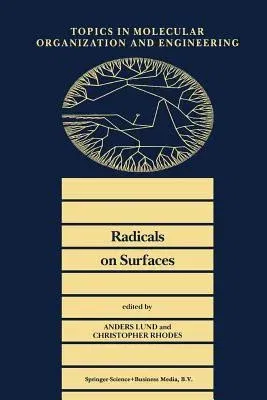Radicals on Surfaces (Softcover Reprint of the Original 1st 1995)Paperback - Softcover Reprint of the Original 1st 1995, 11 October 2012

Qty
1
Turbo
Ships in 2 - 3 days
In Stock
Free Delivery
Cash on Delivery
15 Days
Free Returns
Secure Checkout
Part of Series
Topics in Molecular Organization and Engineering
Print Length
318 pages
Language
English
Publisher
Springer
Date Published
11 Oct 2012
ISBN-10
9401042217
ISBN-13
9789401042215
Description
Product Details
Book Edition:
Softcover Reprint of the Original 1st 1995
Book Format:
Paperback
Country of Origin:
NL
Date Published:
11 October 2012
Dimensions:
23.39 x
15.6 x
1.78 cm
ISBN-10:
9401042217
ISBN-13:
9789401042215
Language:
English
Location:
Dordrecht
Pages:
318
Publisher:
Weight:
467.2 gm

